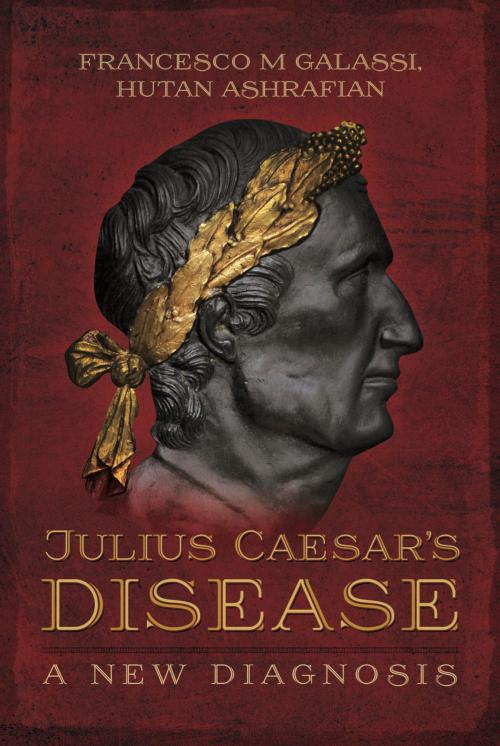Julius Caesar's Disease
A New Diagnosis
Nonfiction, History, Ancient History, Rome, Biography & Memoir, Royalty| Author: | Francesco Maria Galassi, Hutan Ashrafian | ISBN: | 9781473870802 |
| Publisher: | Pen and Sword | Publication: | November 30, 2016 |
| Imprint: | Pen and Sword History | Language: | English |
| Author: | Francesco Maria Galassi, Hutan Ashrafian |
| ISBN: | 9781473870802 |
| Publisher: | Pen and Sword |
| Publication: | November 30, 2016 |
| Imprint: | Pen and Sword History |
| Language: | English |
It is generally accepted as a historical fact that Julius Caesar suffered from epilepsy, an illness which in classical times was sometimes associated with divinely bestowed genius. The ancient sources describe several episodes when, sometimes at critical junctures, one of the most famous military commanders in history was incapacitated by his illness referred to as morbus comitialis. But does the evidence really fit with the diagnosis of epilepsy? And if it was not epilepsy that afflicted Caesar, then what was it? These are the questions that doctors Galassi and Ashrafian seek to answer by applying modern medical knowledge to the symptoms and circumstances described by contemporary historians and commentators of Caesar’s life (which include the great man himself). The result is a fascinating piece of historical-pathological detective work that challenges received wisdom about one of the most famous men of all time.
It is generally accepted as a historical fact that Julius Caesar suffered from epilepsy, an illness which in classical times was sometimes associated with divinely bestowed genius. The ancient sources describe several episodes when, sometimes at critical junctures, one of the most famous military commanders in history was incapacitated by his illness referred to as morbus comitialis. But does the evidence really fit with the diagnosis of epilepsy? And if it was not epilepsy that afflicted Caesar, then what was it? These are the questions that doctors Galassi and Ashrafian seek to answer by applying modern medical knowledge to the symptoms and circumstances described by contemporary historians and commentators of Caesar’s life (which include the great man himself). The result is a fascinating piece of historical-pathological detective work that challenges received wisdom about one of the most famous men of all time.















